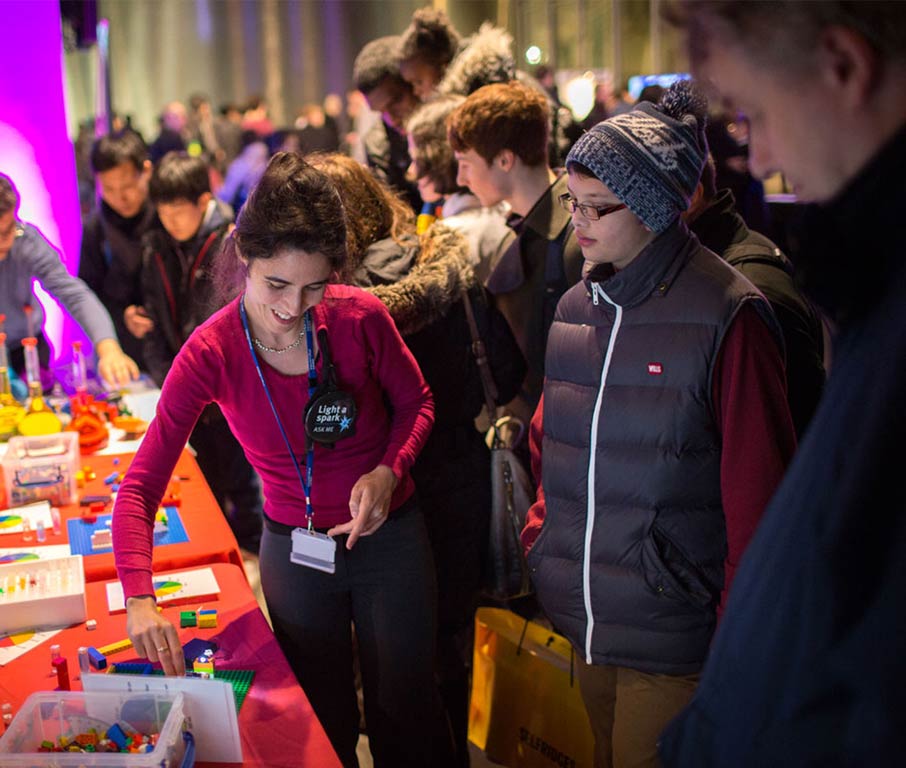Supervisors
Chris Rowlands (Bioengineering)
Paul Chadderton (Bioengineering)
The brain controls complex behaviour by the concerted activity of large numbers of neurons, but controlling many specific neurons independently is beyond the reach of current technology. A new technique for controlling neurons using light can operate on hundreds of cells in parallel, but exciting a specific neuron is very challenging; using conventional patterning, neurons above and below the target plane will be unavoidably excited. This project will be to develop a new type of holographic system that can efficiently excite single neurons without triggering an action potential in surrounding cells, either by routing the light around them, or by illuminating too small an area to recruit surrounding ion channels.
Student
Isabell Whiteley
Brexit - how will it affect me?
Contact us
Centre Manager
Kate Hobson
Email: k.hobson@imperial.ac.uk
